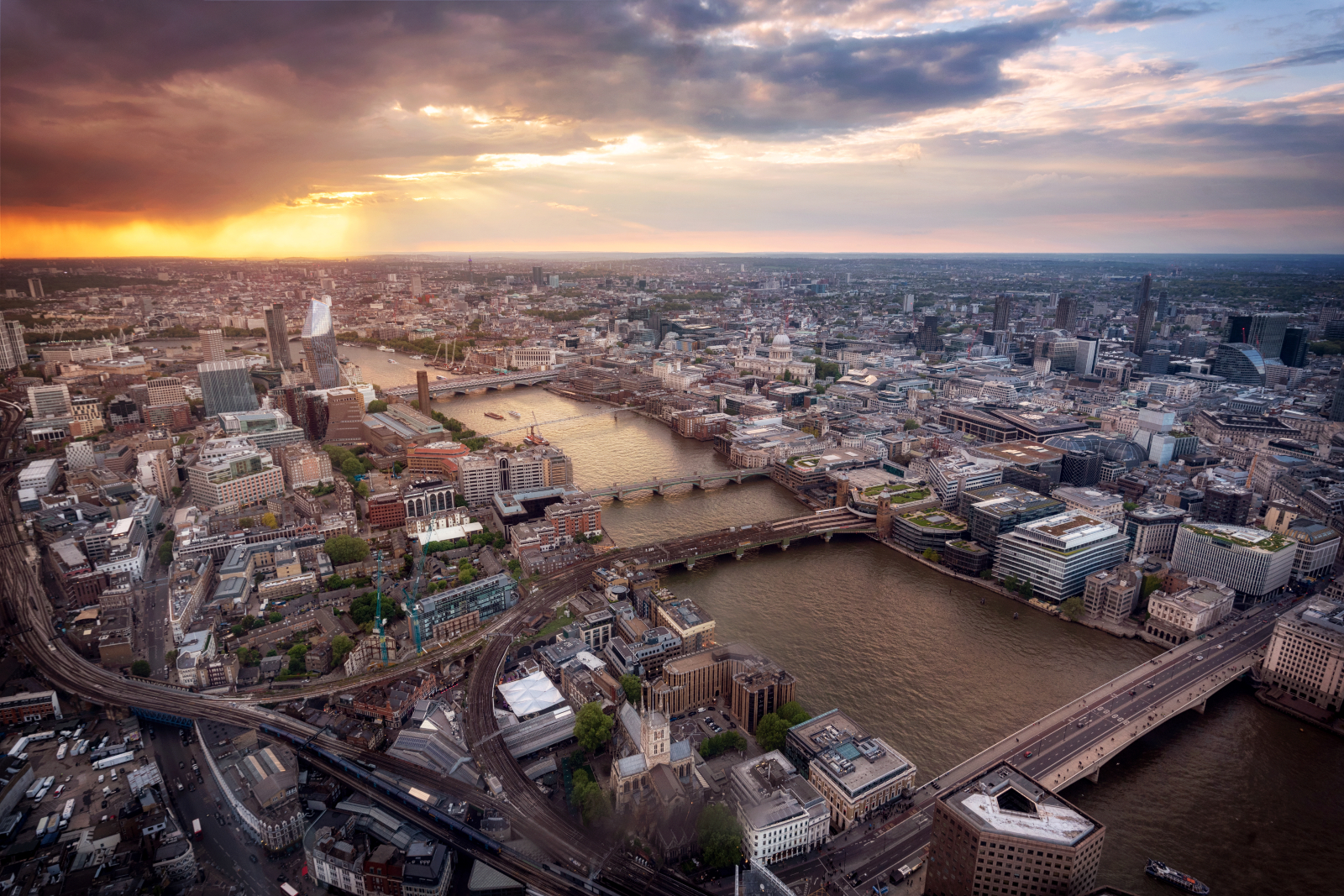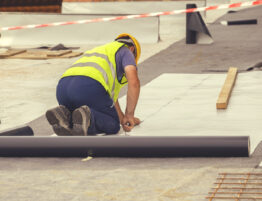
The latest study into the world’s costliest places for construction has placed London at the very top of the list.
Looking at 100 of the world’s largest cities across six continents, the latest Arcadis International Construction Costs (ICC) report ranked London first, ahead of Geneva, Oslo, New York City and then Copenhagen. Find out more in this week’s blog.
What is the report all about?
The 2022 Arcadis ICC Index made cost comparisons of building functions in cities around the world, analysing them in terms of construction costs, market conditions and the professional judgement of its global team.
Calculations were based in US dollars and, as well as providing global cost comparisons, the report looked at how differing government responses to the Covid-19 pandemic resulted in varying paces of recovery for construction.
Although this is the most recent analysis, it was undertaken before the conflict in Ukraine which has had further repercussions on costs and supplies for the industry.
What were the findings?
One thing that stands out (although probably comes as no surprise) is that the cities topping the list of most expensive in the world are mostly European or North American.
This is because the markets in many of these places recorded double-digit cost increases, driven by issues such as rising energy costs, materials shortages and labour availability along with high sector-specific demand, particularly residential and industrial. This has led to cities in America, the UK and other places like Germany moving up the index. In fact, with the exception of Belfast (which came 36th on the list), every other UK or Irish city that was included in the 100 city sample came in the top 25!
In contrast, at the bottom of the list (the cheapest cities in which to build), it’s notable that most of these were located in Asia or Africa.
So what’s happening in the UK and Ireland?
The UK’s building contracting sector has for a number of years faced a number of issues.
Materials shortages and rising costs have been seen across the supply chain, particularly for copper, aluminium, steel and timber. The industry has also had to tackle problems around issues like low productivity, staff retention and project resilience. And, alongside the economic pressure of resource scarcity, there are associated sustainability and the UK’s net zero goals to consider.
To deal with these challenges, the Arcadis report presents a five-point Practical Guide, demonstrating how businesses can be more cost-effective and meet essential sustainability goals by rationalising, standardising, automating and using digital processes.
Andy Beard, global head of cost and commercial management at Arcadis, explained:
“Construction has proved itself extremely robust during the last year in adapting to the most difficult of circumstances. Sustained delivery of housing and infrastructure, better use of data, and increasing investment in technological solutions such as modern methods of construction can both improve efficiency and aid the drive to net-zero.
“This adaptability will prove vital as businesses ready themselves for the uncertain and inflationary environment ahead. While on the surface the looming market conditions sound unfavourable, we believe these challenges more than ever present our industry with a great opportunity to drive forward innovation and cement a mentality of doing more with less to reduce our own impact on resource use and the environment.”
What’s next?
With London being the most expensive city in the world to build in (and other UK/Ireland cities falling not too far behind), there is a question to consider:
How will the high development costs and the other challenges mentioned above impact on future development. Could it lead to fewer projects being completed overall? Or might it instigate a shift towards smaller and more affordable projects? Maybe the high costs will incentivise developers to take on board more innovative and sustainable construction methods?
Tell us what you think by commenting over on our Facebook or LinkedIn pages.
16.04.2024
Feature image: Freepik








